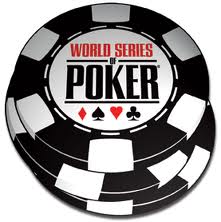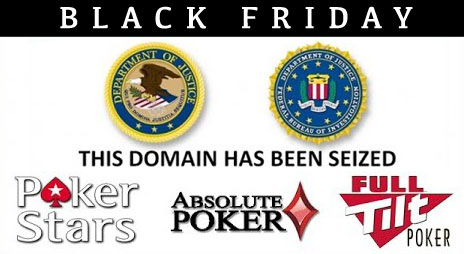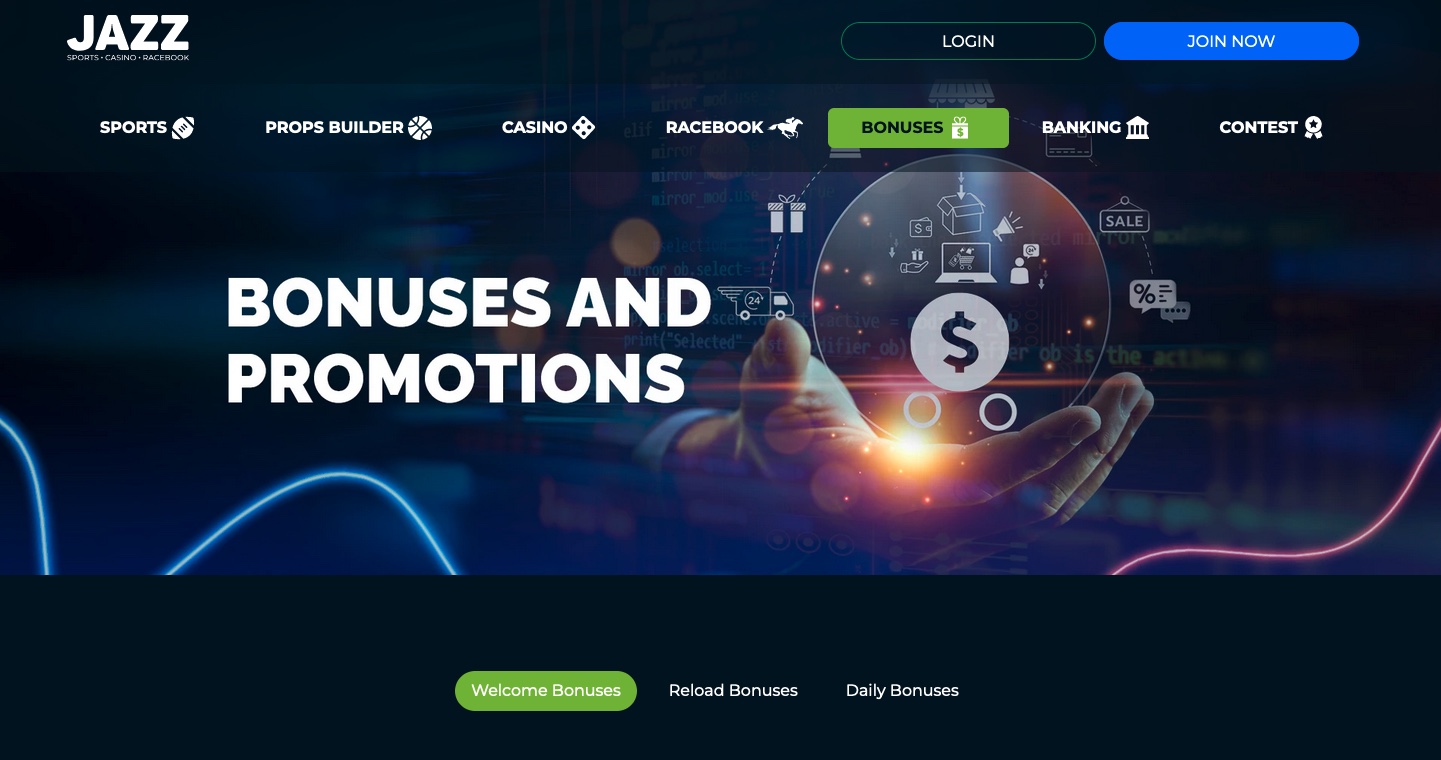Thanks to Covid and sports betting, poker is making a return to prominence
When the U.S. Department of Justice gave its opinion in 2011 that the Wire Act only applied to sports betting, the expectation was that both online casino and poker would explode in the United States. Most states, however, were not comfortable with the opinion itself and said they wouldn't pursue legal online gambling until a federal law was created that actually legalized online betting. Two states did start offering online casino and poker, New Jersey and Nevada, and a few years later Pennsylvania joined the group. Online casinos were a massive hit, particularly in New Jersey, but online poker was a dud. Most sites like PokerStars or Borgata saw tables that were still relatively empty. Since 2013, total online gambling revenue in New Jersey was $4.25 billion, but only $225 million of that was online poker. Similarly, poker only accounts for about 3% of online revenue in Pennsylvania and Nevada.
Poker interest has always been cyclical, although online poker only became popular after Chris Moneymaker won a buy-in to the World Series of Poker with an $86 satellite tournament and turned it into $2.5 million. In the early years of the World Series of Poker (1970 to 1982) the only players at the tables were the likes of Doyle Brunson, Johnny Moss and Stu Ungar who were willing to pony up $10,000 of their own money in the hopes of winning prizes of less than $400,000 knowing they were only competing against less than 100 others. From 1983 to 1990 enrollment in the event increased as poker gained more popularity at casinos, and some land-based casinos began offering satellite tournaments with the prize being an entry into the WSOP main event. But it wasn't until 1991 that the winning prize amount reached $1 million, as over 200 players competed. Brad Daugherty was the first player to win $1 million when his K-J spades held up against Don Holts 7-3 hearts. This led to an increase in land-based casino poker rooms and poker interest in general.
Moneymaker Effect Despite the increase in interest, the WSOP still mostly comprised of professional players and some amateurs who did decide to participate, got eliminated quickly. Things changed dramatically in 2001 when PokerStars and Party Poker got a license to offer online poker. With this new option, many amateur players were able to hone their skills without having to travel to Las Vegas or New Jersey to play in a physical casino, and in 2003 PokerStars offered a couple of satellite tournaments with buy-ins less that $100 for a chance to win a trip to the $10,000 main event. In 2003 there were 839 players at the WSOP main event, about 80 of which were won by online satellites. And while most winners of those satellite tournaments either sold their ticket or partnered with others to guarantee a profit, Chris Moneymaker decided to take the opportunity himself and he won the tournament when his 4-5 unsuited beat Sam Farha's J-10 unsuited when a J, 4 and 5 came out on the flop and both players went all in. Another 5 came out on river, giving Moneymaker a full house, beating Farha's two pairs of jacks and 5s.
Despite the increase in interest, the WSOP still mostly comprised of professional players and some amateurs who did decide to participate, got eliminated quickly. Things changed dramatically in 2001 when PokerStars and Party Poker got a license to offer online poker. With this new option, many amateur players were able to hone their skills without having to travel to Las Vegas or New Jersey to play in a physical casino, and in 2003 PokerStars offered a couple of satellite tournaments with buy-ins less that $100 for a chance to win a trip to the $10,000 main event. In 2003 there were 839 players at the WSOP main event, about 80 of which were won by online satellites. And while most winners of those satellite tournaments either sold their ticket or partnered with others to guarantee a profit, Chris Moneymaker decided to take the opportunity himself and he won the tournament when his 4-5 unsuited beat Sam Farha's J-10 unsuited when a J, 4 and 5 came out on the flop and both players went all in. Another 5 came out on river, giving Moneymaker a full house, beating Farha's two pairs of jacks and 5s.
Moneymaker's win was monumental for the game, since he was unknown in the poker world, the event was televised, and it gave hope to non-professionals that they too could become millionaires by playing poker. PokerStars, Party Poker, FullTilt and other sites started offering more satellite tournaments with a trip to the WSOP main event as the top prize, plus several amateurs were willing to take a shot of spending $10,000 of their own money with the hope of winning big. The next year over 2,500 people entered, where Greg Raymer won $5 million, with an entry through a satellite, and the 2006 WSOP saw its biggest field ever, as Jamie Gold won $12 million by defeating over 8,700 other entrants.
Regulation squashes online poker interest
Things would change significantly shortly after the WSOP in 2006 when the Unlawful Internet Gambling Enforcement Act (UIGEA) was passed. Poker advocate groups like the Poker Player's Alliance had hoped that poker would be excluded from the law being deemed a game of skill, but the government included it as an illegal activity. Consequently, Party Poker and a few other poker sites along with payment providers such as NETeller were forced to shut down operations to the United States. PokerStars, FullTilt and Cereus continued operating in the United States saying they were in the right, but everyone could sense a big drop in excitement among all U.S. poker player. To ensure continued interest, in 2007 the three poker giants started TV shows like The Big Game and Poker After Dark where people could watch professional players compete against each other as an effort to both show amateurs the enjoyment of the game and teach them how to play like a professional. Then came April 15, 2011, also known as Black Friday. On that date the FBI filed criminal charges against the owners of several web sites and seized the dot com domains of PokerStars, FullTilt, Ultimate Bet and Absolute Poker. The two Cereus sites (UB and AP) shut down immediately, PokerStars reopened to non-U.S. players only and Full Tilt was deemed a Ponzi scheme and eventually was sold to PokerStars by the Department of Justice for an obscene amount of money, which was used as both a fine and to pay back Full Tilt Players. The TV programs also ceased. Any remaining real interest in poker seemed to be gone, and it was evident as poker rooms across the United States in land-based casinos started closing. Without the ability to play online (and few poker players were willing to play at smaller offshore sites) or view poker programming on TV there was a declining interest in the game. While poker rooms continued to exist sporadically in states like California and free to play poker games like Zynga poker became more popular, poker room attendance went down considerably, and most Las Vegas casinos turned poker rooms into VIP slot and baccarat rooms instead.
Then came April 15, 2011, also known as Black Friday. On that date the FBI filed criminal charges against the owners of several web sites and seized the dot com domains of PokerStars, FullTilt, Ultimate Bet and Absolute Poker. The two Cereus sites (UB and AP) shut down immediately, PokerStars reopened to non-U.S. players only and Full Tilt was deemed a Ponzi scheme and eventually was sold to PokerStars by the Department of Justice for an obscene amount of money, which was used as both a fine and to pay back Full Tilt Players. The TV programs also ceased. Any remaining real interest in poker seemed to be gone, and it was evident as poker rooms across the United States in land-based casinos started closing. Without the ability to play online (and few poker players were willing to play at smaller offshore sites) or view poker programming on TV there was a declining interest in the game. While poker rooms continued to exist sporadically in states like California and free to play poker games like Zynga poker became more popular, poker room attendance went down considerably, and most Las Vegas casinos turned poker rooms into VIP slot and baccarat rooms instead.
Even today it is difficult to find a poker room in Las Vegas and tournaments are rare. Tables can still be found on weekends with high buy-ins required, but $100 buy-in limit games are non-existent. The World Series of Poker still continues to draw many contestants and generates huge prize money (save for 2020 when it was a convoluted setup involving online tournaments in Europe and the U.S.), but recently the tournament was mostly made up of professionals and satellite winners from outside the United States, along with satellite winners on the WSOP.com website, legal in New Jersey, Nevada, Pennsylvania and Michigan and a subscription based service elsewhere, where Americans can play for free, but are charged a signup fee.
Regulated sports betting sparks interest
The situation changed again in 2017 when the U.S. Supreme Court struck down PASPA, legalizing sports betting. While that ruling had no effect on poker, the symbolization that the U.S. courts were finally looking at removing barriers to online gambling was important. States began to legalize sports betting in droves and some states like Connecticut, Michigan and West Virginia legalized online casino betting as well and most states did not differentiate between casino betting and poker. Seven states have bills on the table to legalize online casinos and/or poker and it is expected that by 2023 another dozen states may follow. This was mostly predicated on five things:
- The huge success of online gambling in New Jersey, Pennsylvania, Michigan and Nevada during the COVID-19 lockdowns where those states generated significant revenue while other states received no online gambling revenue
- The expressed desires of companies like FanDuel, DraftKings, BetMGM and BetCaesars to add casinos and poker to their online sports betting platforms throughout the United States
- Reports showing that online casino and poker wagering does not cannibalize land-based casino visits and may in fact enhance it
- The defeat of the DOJ initiative under the former government regime to reverse the 2011 Wire Act Opinion
- The Death of Sheldon Adelson, who almost single-handedly kept anti-online gambling legislation on the table, which is now supported by few with any real influence
Pandemic boost
But of all the above events, perhaps the biggest influence was COVID-19.
With little to do and land-based casinos closed, many gamblers in New Jersey, Pennsylvania, Nevada and Michigan started playing online poker again. And while still relatively insignificant compared to casino gambling and sports betting, the interest in poker has almost tripled since the lockdowns in early 2020. Casino operators have taken notice as well, and in land-based casinos throughout the United States, poker rooms in casinos have been rejuvenated.
There is a great deal of excitement for the World Series of Poker this year which begins in June, and to try and get in on the action, MGM has announced a $1 million guaranteed poker tournament of its own in Las Vegas as part of their Grand Summer Series to compete with the WSOP, which is owned by Caesars.
The MGM Main Event tournament will have a $3,500 buy-in which, at 1/3 the price of a WSOP may be of more interest to amateurs, and there will be other tournaments with low buy-ins, as well as a bounty tournaments and non-Hold 'em events. From May 8th to June 12th satellite tournaments are being offered at BetMGM.com sites in New Jersey, Pennsylvania and Michigan and the event will run in direct competition to the WSOP. The event known as the Aria Classic will take place at the Aria hotel from June 1st to July 17th with the main event beginning on June 23rd.
Millions Guaranteed MGM Grand Summer Series. pic.twitter.com/0hnqiCMJPM
— MGM Grand Poker Room (@MGMGrandPoker) May 5, 2022
Several professionals have indicated they will pass up on the WSOP and play in the MGM tournament instead and it is expected that many celebrities like Wayne Gretzky, who is a BetMGM spokesman, will be at the tables. BetMGM is also expected to announce the launch of the BetMGM Poker website in Nevada, which they believe will be incredibly successful if tables can include players from other states where BetMGM Poker is operating. Lawyers have indicated that this is absolutely legal under the commerce clause, which states that if something is legal in one state and legal in another, then it is legal between the states. The only rule is that the players must be active in a licensed jurisdiction and located in the states where they are playing.
This announcement has many poker analysts excited. One of my former contacts at the Poker Player's Alliance told me that he believes this is only the start and that in COVID terms, "this is definitely going to be the second wave of the online poker boom. Online poker only succeeds if there is volume and with the current situation it will happen. I expect by the end of 2023 at least 1/3 of U.S. states will have online poker and the amount of poker players on the internet and in person will be huge."
It is yet to be determined if the analyst is correct, but the fact that poker is on TV more, There is a copeting million dollar tournament to the WSOP and that poker rooms in land-based casinos seem to be popping up more frequently, has to make one believe he is correct.
Read insights from Hartley Henderson every week here at OSGA and check out Hartley's RUMOR MILL!








































